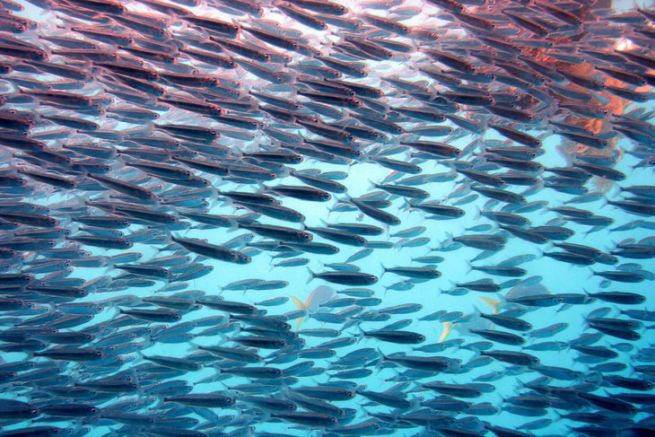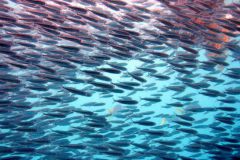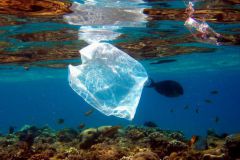It was in 1992, at the end of the Rio Summit, that World Ocean Day was endorsed on 8 June. The aim of the day is to raise public awareness to better manage the oceans and their resources, since 40% of the world's oceans are heavily affected by human activities, including pollution, depletion of fisheries resources and the disappearance of coastal habitats.
This day is therefore an opportunity to inform people about the steps to be taken to preserve our seas, but also gives rise to many activities around the world to help people discover the aquatic environment.

Oceans under serious threat
The seas are increasingly threatened, degraded or destroyed by human activities and pressures on coastal and marine ecosystems are increasing.
To date, 30% of the world's fish stocks are overexploited and more than 50% are fully exploited. Coastal habitats are under pressure, with about 20% of the world's coral reef lost and 20% degraded. Plastic waste alone kills nearly one million seabirds, hundreds of thousands of marine mammals and countless fish every year. About 80% of marine pollution comes from land-based activities.
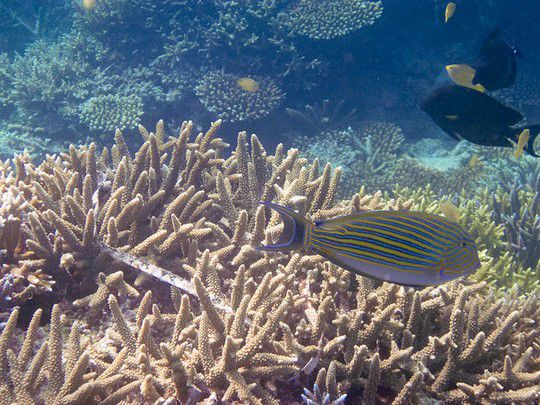
A conference to support the implementation of the sustainable development objective 14
This year, many countries and organizations are gathered in New York, from 5 to 9 June 2017, for the World Ocean Conference, to develop "SDG 14", sustainable development goals for the ocean. Sustainable Development Goal 14 stems from the Sustainable Development Agenda 2030 adopted by the 193 UN Member States in 2015.
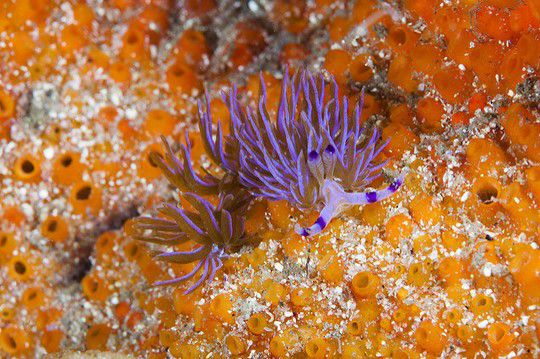
Developing ocean initiatives
Goal 14, to conserve and sustainably use the oceans, seas and marine resources for sustainable development, includes the following actions.
14.1 By 2025, prevent and significantly reduce marine pollution of all types, in particular from land-based activities, including waste at sea and nutrient pollution
14.2 By 2020, sustainably manage and protect marine and coastal ecosystems, including by building their resilience, in order to avoid the serious consequences of their degradation, and take actions for their restoration to restore the health and productivity of the oceans
14.3 Minimizing ocean acidification and combating its effects, including through enhanced scientific cooperation at all levels
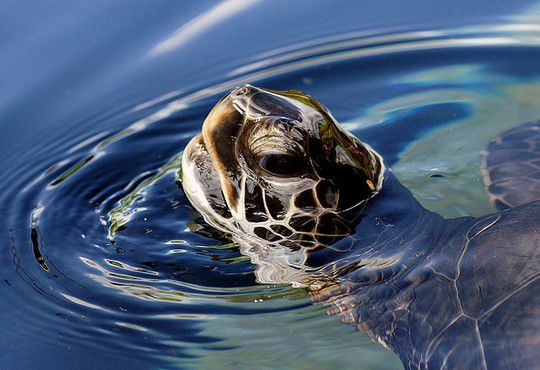
14.4 By 2020, effectively regulate fisheries, eliminate overfishing, illegal, unreported and unregulated fishing and destructive fishing practices and implement science-based management plans, with the objective of rebuilding fish stocks as rapidly as possible, at least to levels that can produce the maximum sustainable yield taking into account biological characteristics
14.5 By 2020, preserve at least 10% of marine and coastal areas, in accordance with national and international law and taking into account the best available scientific information
14.6 By 2020, prohibit fisheries subsidies that contribute to overcapacity and overfishing, eliminate those that encourage illegal, unreported and unregulated fishing and refrain from new ones, recognizing that effective and appropriate special and differential treatment for developing and least developed countries must be an integral part of the negotiations on fisheries subsidies in the World Trade Organization
14.7 By 2030, increase the economic benefits to small island developing States and least developed countries from the sustainable use of marine resources, including through sustainable fisheries, aquaculture and tourism management

14.a Increase scientific knowledge, build research capacity and transfer of marine technology, in accordance with the Intergovernmental Oceanographic Commission Criteria and Guidelines on the Transfer of Marine Technology, with the objective of improving the health of the oceans and enhancing the contribution of marine biodiversity to the development of developing countries, in particular small island developing States and least developed countries
14.b Ensuring access to marine resources and markets for small-scale fishers
14.c To improve the conservation and more sustainable use of the oceans and their resources in accordance with the provisions of international law, as set out in the United Nations Convention on the Law of the Sea, which provides the legal framework for the conservation and sustainable use of the oceans and their resources, as recalled in paragraph 158 of "The way forward"
